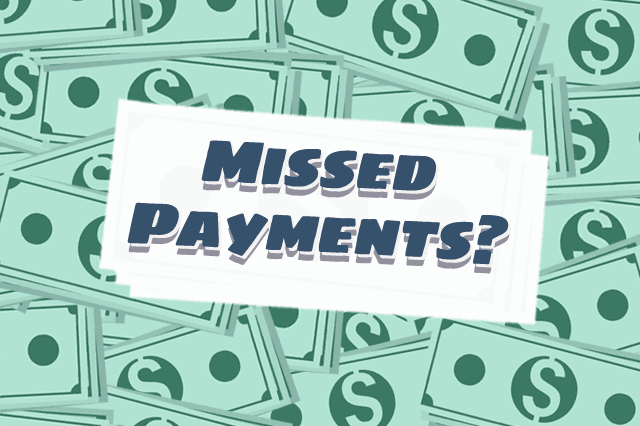Review Your Credit Before You Apply for an FHA Mortgage

Your planning and preparation stage should always include a review of your credit reports. It’s also a very good idea to consider investing in credit monitoring afterwards--there are good reasons to keep a close watch on your credit in the 12 months leading up to your loan application.
If you are committed to buying a home or even building one from the ground up on your own lot using a One-Time Close construction loan (an option open to first-time borrowers as well as experienced homeowners), you should start reviewing your credit at least 12 months before you apply.
Some aren’t sure why you should begin so early, but consider what needs to happen if you find errors, identity theft, or other problems on your credit reports.
It takes more time than you think to dispute and correct those credit report problems. It’s a bad idea to apply for any loan when you have an open dispute that has not been resolved; take the extra time to successfully resolve the problem before you apply for a new line of credit.
The best way to begin is to plan on pulling your credit report from all three agencies (Equifax, TransUnion, and Experian) and insure those reports accurately represents your current personal data including the accuracy of your:
- Full name
- Social Security Number
- Any former names, married names, aliases
- Current address
- Former addresses
If you see old addresses or other information you do not recognize, your account may have been confused with another person of the same name. That’s a common error to watch out for, but it’s only one of many.
Reviewing for accuracy also requires you to take a hard look at your payment history, account balances, and credit limits. If any of these are not correctly reported, you may need to open a dispute. There are other areas to be mindful of, too including the open and closing dates for all accounts, accuracy in data related to your personal loans or auto loans, and whether you have ever filed for bankruptcy, had a foreclosure, etc.
If what you find is not accurate, has errors, or does not belong in your credit report, you must file a dispute with the credit reporting agency and contact any creditor mentioned in the inaccurate information to further dispute the errors. The dispute process will vary from company to company.
------------------------------
RELATED VIDEOS:
Show Them You're Serious By Depositing Earnest Money
Homebuyers Benefit From the Work Done by Freddie Mac
Your Second Mortgage Is a Home Equity Loan

Do you know what's on your credit report?
Learn what your score means.






